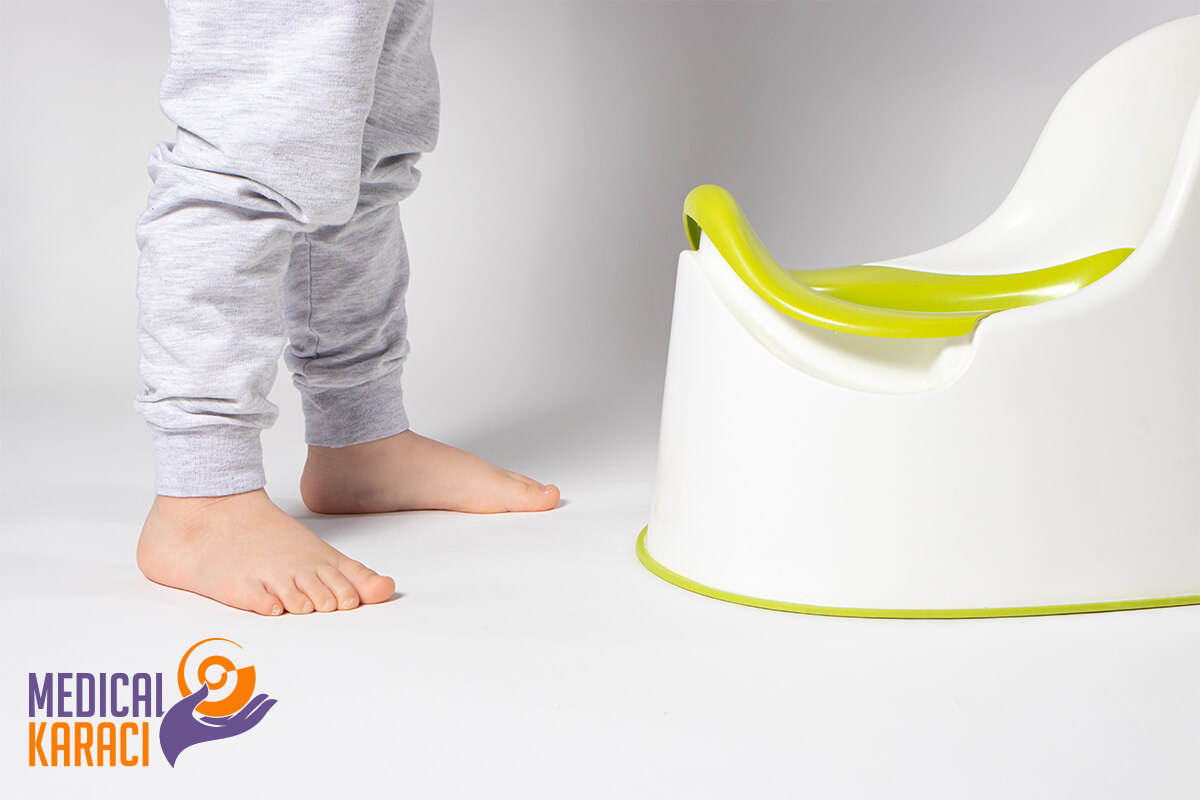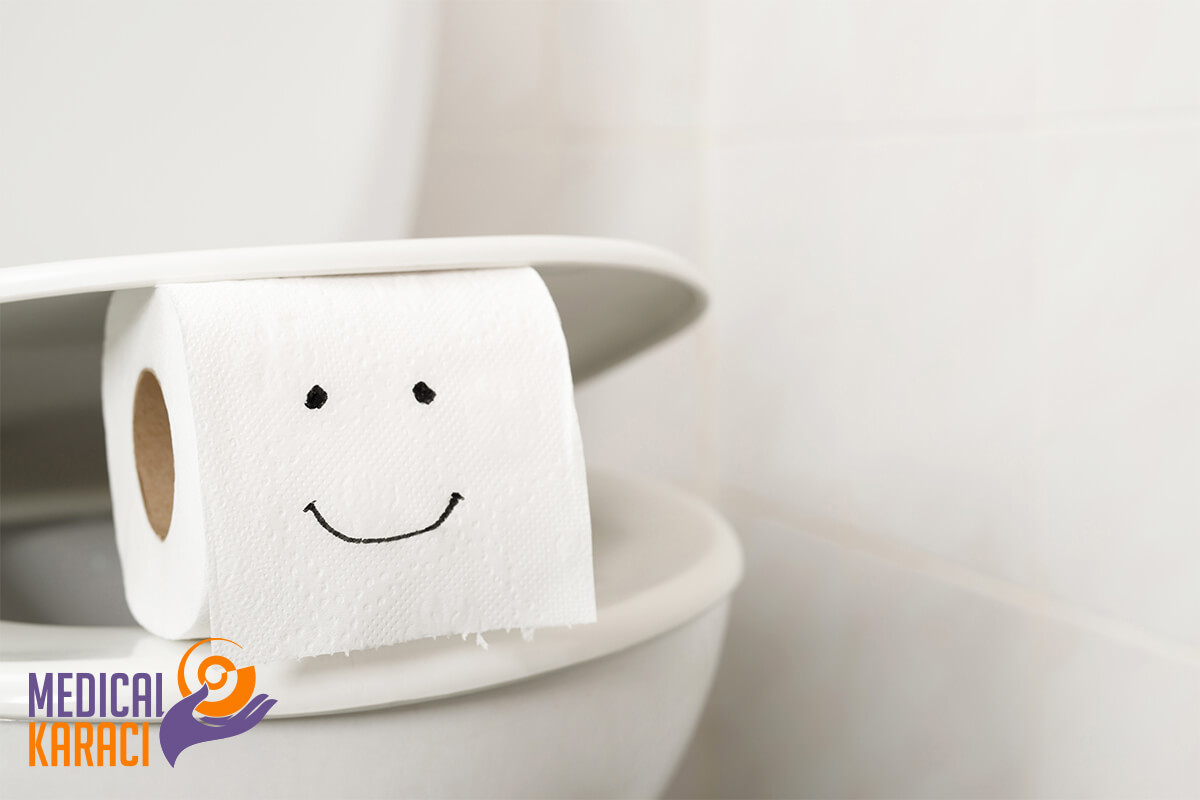Nature and objects of pediatric urology
Pediatric urology differs from adult urology in that pediatric urologists often have to diagnose and treat conditions whose symptoms children cannot explain. Pediatric urology specialists are surgeons who specialize in the diagnosis and treatment of genitourinary problems in children.
Pediatric urologists undergo at least 4 years of training in general medicine, followed by specialized training in surgery. After completing about 6 years of training, they go through a specialty fellowship in general urology, then between 1 and 3 years of training in pediatric urology. All this, together with practice, gives specialists the skills to play the role not only of attending physicians but also of child psychologists. The specialists' approach to children and their parents is of utmost importance, as some conditions are distressing for both parties. Creating a comfortable and non-threatening environment for the child is a very important part of treating the problem.
Specialists in pediatric urology work closely with specialists in:
- dermatology
- Gastroenterology
- gynaecology
- nephrology
- plastic and reconstructive surgery
- sports medicine
- surgery
The approach to the treatment of urological problems in children is multidisciplinary and requires precise specification of the medical condition and its causes in order to achieve a good prognosis.
What are the most common urological problems that become the subject of the practice of pediatric urologists?
- Nocturnal urination in children (nocturnal enuresis)
- Bladder outlet obstruction
- Bladder infection in children
- Stone in the bladder
- Blocked flow of urine
- Blood in the urine (hematuria)
- Cloacal abnormalities
- Difficult or painful urination (dysuria)
- Ectopic ureter
- Epididymitis
- Bladder exstrophy and epispadias
- Problems with the foreskin
- Frequent urination in children
- Genitourinary tumours, including tumours in the kidneys, bladder and testes
- Hernias
- Hydrocele
- Hydronephrosis (including prenatal)
- Hypospadias
- Imperforate hymen in girls
- Incontinence
- Inguinal hernia
- Kidney cysts, stones (kidney stones) or trauma
- Labial adhesions
- Megaureter
- Neurogenic bladder
- Adhesions of the penis
- Curvature of the penis
- Skin bridges on the penis
- Penis tape
- Posterior urethral valves
- Pyelonephritis
- Rhabdomyosarcoma
- Scrotal table
- Spina bifida
- Pain in the testicles
- Torsion (dropping) of the testicles
- Non-descending testicle (cryptorchidism)
- Ureterocele
- Ureteropelvic obstruction of the septum
- Urinary problems caused by nervous diseases
- Urinary reflux
- Urinary tract infections
- Urethral structures
What types of diagnosis and treatments do pediatric urologists perform?
- evaluation and treatment of voiding disorders, vesicoureteral reflux and infections requiring surgery
- surgical treatment of benign and malignant diseases of the kidneys, bladder and testicles
- treatment of genitourinary problems identified before birth
- conditions associated with neurological diseases such as spina bifida
- Botox treatment - injecting it into the bladder every six to 12 months can help relax muscles and control spasms in children with nerve damage or an overactive bladder
- Biofeedback therapy: a form of therapy that uses computer simulation to teach children with urinary tract infections and other bladder control problems how to regulate various bodily functions for ongoing management of the condition
For more information, you can call +359895770869.









